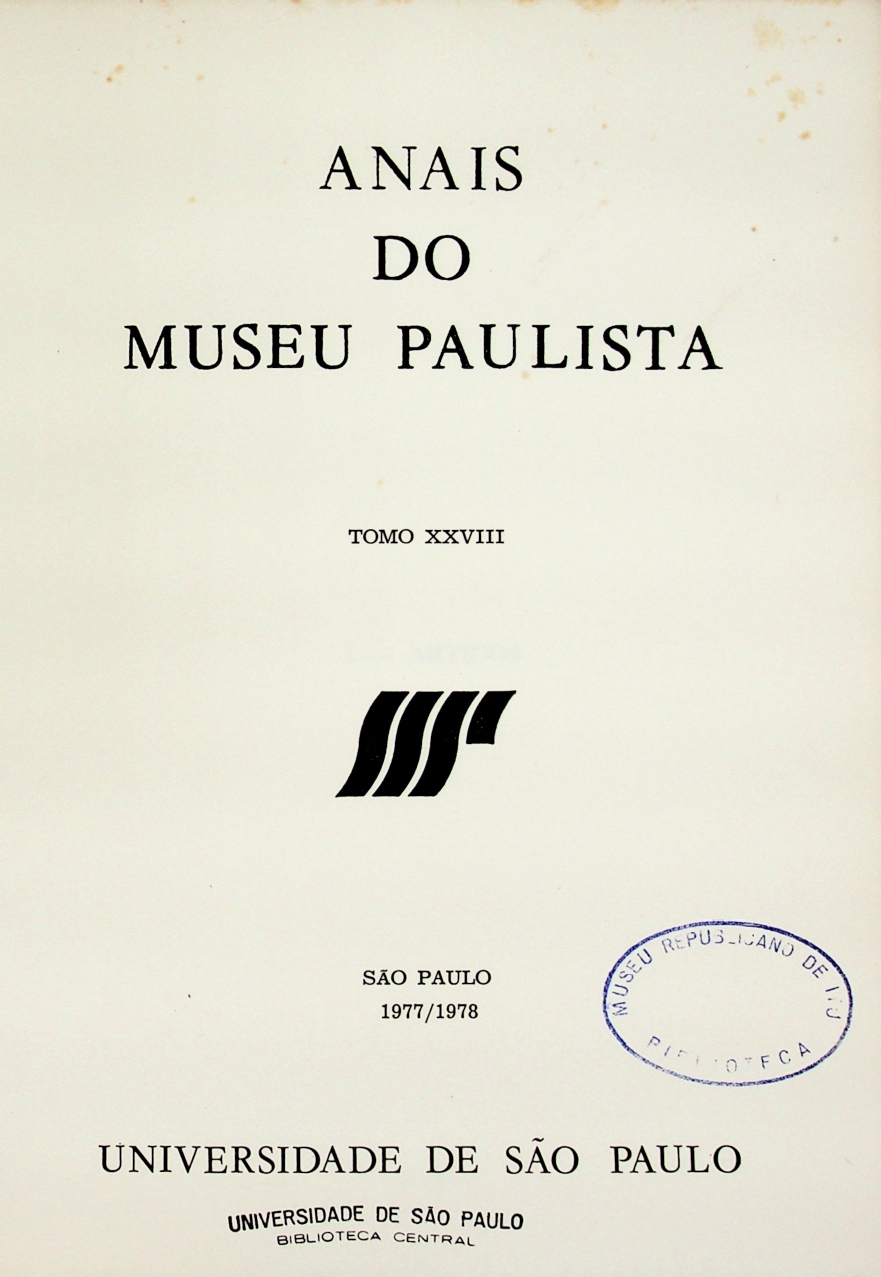A Gênese da República no Brasil
DOI:
https://doi.org/10.11606/1982-02671978TomoXXVIIIe9Resumo
This is an interpretative essay on the historical conditions prevailing at the end of Monarchy and beginning of Republic in Brazil. The Monarchy was abolished without any resistance or popular uprisings. To the Author, this resulted from the renewal of the socio-economic context due to the introduction of new manners and techniques of production, to the remodelling of transports and means of communication, to the enlargement of foreign trade and of the inland market, and to the extraordinary coffee boom. At the same time, the social structure was changing, particularly due to the growing importance of the middle classes whose interests, mentality, customs and behaviour tended to avert them from the Imperial rule. The Republic arose as a regime more suitable for the changing society. The three crises resulting from the abolition of slavery, from the conflicts between the imperial State and the Church, and from the dissensions between Government and military officers have been traditionally interpreted as the causes of the downfall of Monarchy; more than that, they constitute ruptures with the past, with the monarchical system. But the agitation created by these crises and especially by the political crisis of 1868, gave rise to conditions propitious to the Republican propaganda. A little afterwards the Republican Party was formed by the group of radicais from the Liberal Party desillusioned with the monarchical rule. In 1870, the newspaper “A República” published the Manifest of the new party and its propaganda grew steadily till the three mentioned crises deprived the Monarchy of its sustaining forces: the agrarian aristocracy, the Army and the Church. The alteration of the political system did not greatly affect the socio-economic structure, but only promoted and accelerated the changes that had been slowly transforming it.
Downloads
Downloads
Publicado
Edição
Seção
Licença
Copyright (c) 1978 Raul de Andrada e Silva

Este trabalho está licenciado sob uma licença Creative Commons Attribution 4.0 International License.
Autores que publicam nesta revista concordam com os seguintes termos:
- Autores mantém os direitos autorais e concedem à revista o direito de primeira publicação, com o trabalho simultaneamente licenciado sob a Licença Creative Commons Attribution que permite o compartilhamento do trabalho com reconhecimento da autoria e publicação inicial nesta revista.
- Autores têm autorização para assumir contratos adicionais separadamente, para distribuição não-exclusiva da versão do trabalho publicada nesta revista (ex.: publicar em repositório institucional ou como capítulo de livro), com reconhecimento de autoria e publicação inicial nesta revista.
- Autores têm permissão e são estimulados a publicar e distribuir seu trabalho online (ex.: em repositórios institucionais ou na sua página pessoal) a qualquer ponto antes ou durante o processo editorial, já que isso pode gerar alterações produtivas, bem como aumentar o impacto e a citação do trabalho publicado (Veja O Efeito do Acesso Livre).



